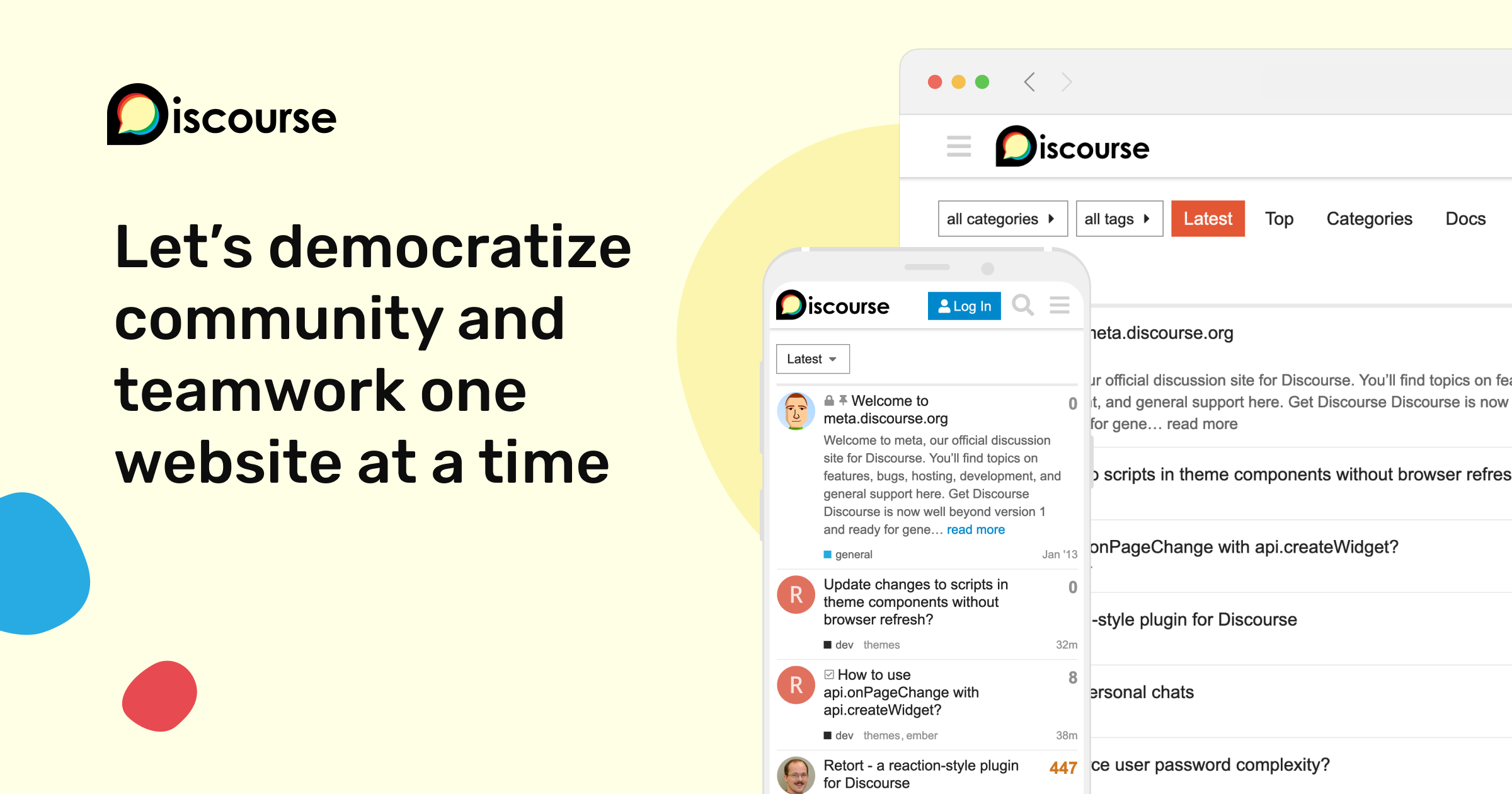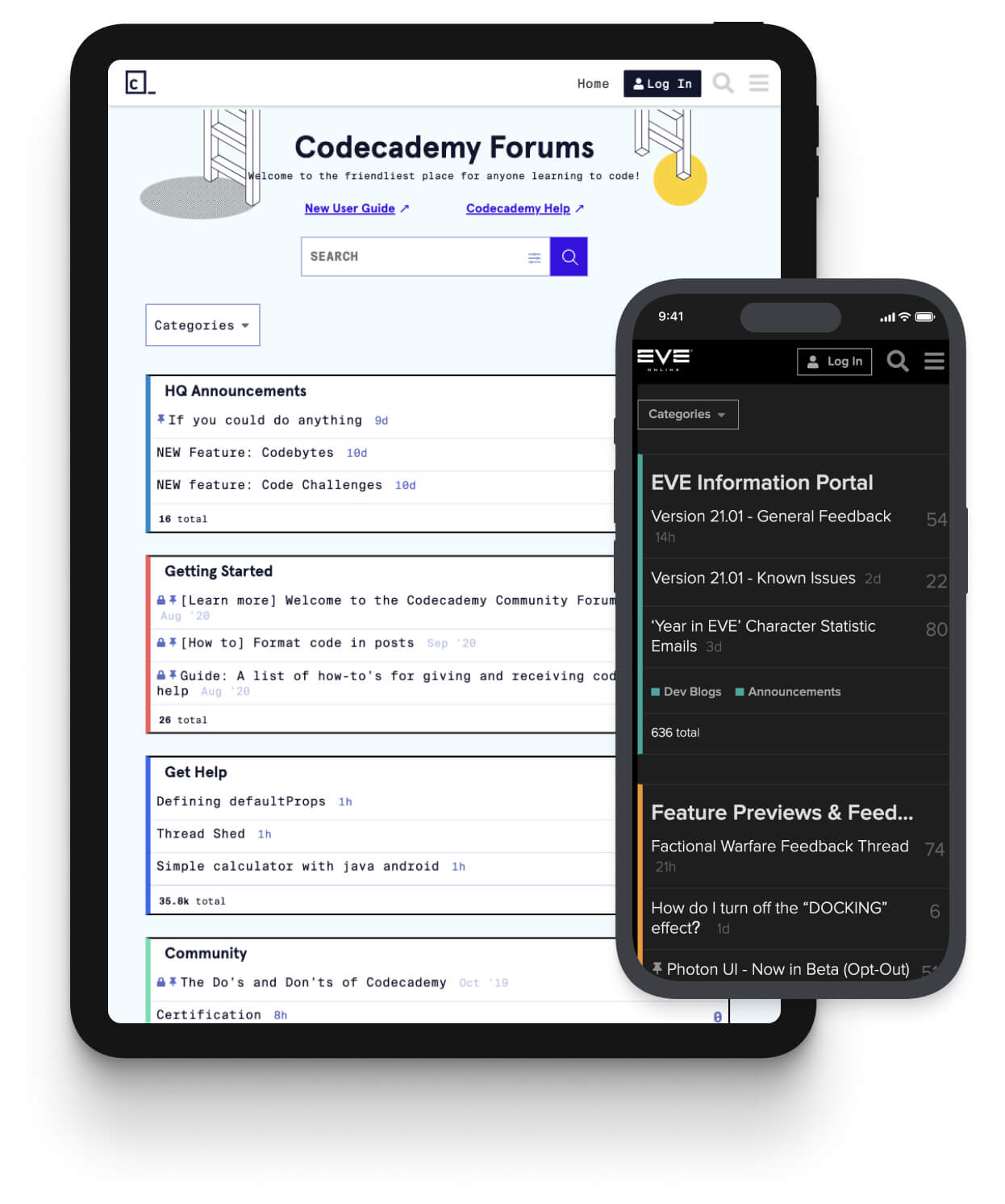Have you ever stopped to think about how we really talk to each other? Not just the words we say, but the whole way we share ideas, argue points, and build connections? That's what discourse is all about, you know, it's a big part of what makes us human. It's how we make sense of things, how we learn from each other, and how we even decide what's true or important in our daily lives, so it's a very important thing to consider.
It's more than just a chat, though that's part of it too. Discourse touches on everything from a quick conversation with a friend to really serious discussions in public spaces. It shapes our online communities, our political conversations, and even the way we think about different topics. It's how ideas get shared, how they grow, and how they sometimes change over time, that's what's so fascinating about it.
This article will help you get a better feel for what discourse truly means, why it matters so much in our world today, and how you can take part in more meaningful conversations, both online and off. We'll explore its different sides, from simple talks to bigger, more formal exchanges, and even how it shapes what we consider acceptable to say, in some respects.
Table of Contents
- What Is Discourse, Really? Getting to the Core of It
- More Than Just Talking: The Verbal Exchange of Ideas
- Language in Action: Communicating Through Speech and Writing
- Discourse as a Social Boundary: What We Can Say About a Topic
- The Influence of Ideas: Looking at Michel Foucault's Work
- Formal and Informal Talk: From Chats to Serious Discussions
- Discourse in Online Spaces: Modern Forums and Community Building
- Why Discourse Holds Such Weight: Its Importance in Our Lives
- Discourse in Action: Real-World Examples
- Simple Ways to Make Your Discourse Better
- Addressing Common Questions About Discourse
What Is Discourse, Really? Getting to the Core of It
So, what does "discourse" truly mean? Well, it's a word with a few different layers, you know, depending on how you look at it. At its heart, it's about how people communicate thoughts using words, whether they are speaking or writing. It's not just about the words themselves, but how they're put together and used to share ideas, in a way.
More Than Just Talking: The Verbal Exchange of Ideas
One way to think about discourse is as a "verbal interchange of ideas." This means it's about two or more people talking, sharing their thoughts, and listening to each other. It's a back-and-forth process where ideas get passed around, discussed, and sometimes even changed. This could be a casual chat with a friend or a more serious discussion in a group, so it's very broad.
When you have a conversation where you're really listening and responding to what someone else says, that's a good example of this kind of discourse. It's about building on each other's points and exploring a topic together. It's not just one person talking at another, you see, but a real exchange.
Language in Action: Communicating Through Speech and Writing
Discourse also refers to "the use of language to communicate in speech or writing, or an example of this." This definition really highlights that discourse isn't just spoken; it includes all forms of written communication too. Think about articles, books, emails, or even social media posts, you know, they all count.
Every time you put words together to share a message, whether it's a long report or a short note, you're engaging in discourse. The way you choose your words, the structure of your sentences, and how you present your thoughts all play a part in how your message is received. It's a bit like painting with words, in some respects.
Discourse as a Social Boundary: What We Can Say About a Topic
Interestingly, discourse can also be seen as "a social boundary that defines what statements can be said about a topic." This is a more complex idea, but it's really important. It means that in any given situation or community, there are unspoken rules about what kinds of things can be talked about, and how they can be talked about. It's almost like a set of guidelines.
For example, the way people discuss climate change in a scientific journal is very different from how it might be talked about on a casual news show. The "discourse" around it sets limits on what is considered acceptable or valid to say. This doesn't mean it's always right, but it shows how groups shape conversations, you know.
The Influence of Ideas: Looking at Michel Foucault's Work
Many ideas about discourse, especially this concept of social boundaries, come from the work of the French philosopher Michel Foucault. He explored how language and communication are tied to power and knowledge. He suggested that what we say, and how we say it, isn't just neutral; it's often shaped by bigger forces in society. This is a very deep topic, actually.
Foucault's work helps us see that discourse isn't just about individual choice. It's also about the systems and structures that influence what can be said, who can say it, and what counts as truth. It makes you think about things a little differently, doesn't it?
Formal and Informal Talk: From Chats to Serious Discussions
Discourse can range from the very casual to the very formal. It can be a "parley, chat, dialogue, colloquy, discussion," which are all ways of having informal talks. But it can also be "a formal discussion of a subject in speech," like a debate or a lecture. And then there's the idea of "a long and serious treatment or discussion of a subject in speech or writing," which suggests something very detailed and thought-out, you know.
So, whether you're just catching up with a friend or presenting a big idea at work, you're engaging in discourse. The style and purpose might change, but the core act of communicating thoughts through words remains the same. It's pretty versatile, actually.
Discourse in Online Spaces: Modern Forums and Community Building
In our modern world, discourse has found new homes, especially online. "Discourse is modern forum software for meaningful discussions, support, and teamwork that gives your online community everything it needs in one place." This highlights how technology helps us connect and share ideas, even across distances.
Online forums, social media, and chat groups are all places where discourse happens every day. These digital spaces have their own ways of shaping conversations, and they can be very powerful tools for bringing people together to talk about shared interests, which is a good thing.
Why Discourse Holds Such Weight: Its Importance in Our Lives
Now that we have a better grasp of what discourse means, it's clear why it's so important. It's not just a fancy word; it's a fundamental part of how we live, work, and interact. It helps us build things, understand things, and move forward, you know.
Building Connections and Understanding
When we engage in good discourse, we build stronger connections with others. Think about it: when you have a real conversation with someone, where you both share and listen, you learn about their thoughts and feelings. This helps you understand them better, and it builds trust. It's a bit like building a bridge between minds, you see.
Without clear and open discourse, misunderstandings can easily happen. People might talk past each other, or assume things that aren't true. Good discourse helps to clear up confusion and bring people closer, so it's really helpful for relationships of all kinds.
Shaping Our Ideas and Beliefs
The way we talk about things, the words we use, and the ideas we share, all play a part in shaping what we believe. If certain ideas are talked about a lot, and in a certain way, they can become widely accepted. If other ideas are rarely discussed, or are dismissed, they might fade away. This happens all the time, actually.
This is especially true in areas like news and education. The discourse around a topic can influence how people see it, what facts they consider important, and what conclusions they draw. It's a powerful force, almost like a gentle current guiding our thoughts.
Influencing Public Life and Decisions
Discourse is absolutely vital in public life. Think about "a tradition of political discourse." This refers to how politicians, citizens, and media talk about issues that affect everyone. Good political discourse means people can share different ideas, discuss problems, and try to find solutions together. It's how societies make decisions, you know.
When public discourse is healthy, it allows for many voices to be heard and for different viewpoints to be considered. This can lead to better policies and a more informed public. When it breaks down, it can make it harder for people to agree on anything, which is not good for anyone.
Discourse in Action: Real-World Examples
To really get a feel for discourse, let's look at some everyday examples. You'll see that it's happening all around us, all the time, almost everywhere you look.
Online Communities and Shared Spaces
Consider an online forum dedicated to a hobby, like gardening. People post questions, share tips, and discuss different plants. This is a clear example of discourse. The forum software itself is designed to make these "meaningful discussions" possible, so that's pretty neat.
Members of that community develop their own ways of talking, their own shared jokes, and even their own rules about what's okay to say. This collective way of communicating creates a specific discourse for that gardening group, and it's quite interesting to observe.
Public Conversations and Political Talk
When you watch a news program where experts discuss a new law, that's a type of discourse. Or when politicians debate an issue before an election, that's also a formal discussion of a subject in speech. These are examples of public discourse, and they are very important for a healthy society.
The language used, the arguments made, and the overall tone of these discussions all contribute to the public's understanding of the issue. It's how ideas are presented and challenged in the open, which is a good thing for everyone, generally speaking.
Everyday Chats and Personal Exchanges
Even your casual "chat" with a friend about your day is discourse. It's a "spoken or written communication between people," and it helps you connect and share your experiences. These everyday interactions might seem small, but they add up to a big part of our lives, you know.
A "dialogue" between two people trying to solve a problem at work is another example. They're exchanging ideas, listening to each other, and working towards a shared goal. It shows how practical and useful discourse is in our daily routines.
Simple Ways to Make Your Discourse Better
Since discourse is so central to everything we do, making it better can really improve our lives and the lives of those around us. Here are some simple ideas to help you engage in more meaningful discussions, in a way.
Really Listen to Others
It sounds simple, but truly listening is a powerful tool. Instead of just waiting for your turn to speak, try to really hear what the other person is saying. Try to understand their point of view, even if it's different from your own. This makes the "verbal interchange of ideas" much richer, you know.
When people feel heard, they are more likely to listen to you too. This creates a more balanced and respectful conversation, which is always a good thing, actually.
Speak or Write Clearly
Try to express your thoughts in a way that is easy for others to understand. Use clear language and avoid jargon if you can. Whether you're speaking or writing, think about your audience and what they need to know to grasp your message. This helps with the "use of language to communicate," so it's very important.
When your message is clear, it reduces the chance of misunderstandings and helps the conversation flow smoothly. It's like making sure your words are stepping stones, not stumbling blocks, you see.
Show Respect, Even When You Disagree
You don't have to agree with everyone, but you can always show respect. Even in a "formal discussion of a subject," you can disagree with an idea without being disrespectful to the person who holds it. This helps keep the "social boundary" of polite conversation intact, which is generally a good idea.
Respectful discourse allows for different ideas to be explored without turning into a shouting match. It means you value the exchange of ideas more than just "winning" an argument, and that's a sign of maturity, you know.
Take a Moment to Think
Before you speak or write, especially on a serious subject, take a brief moment to gather your thoughts. This can help you express yourself more thoughtfully and avoid saying something you might regret later. It allows for a more "serious treatment or discussion of a subject," which is often needed.
A little pause can make a big difference in the quality of your discourse. It gives you time to consider your words and how they might be received, which is a very smart thing to do.
Addressing Common Questions About Discourse
People often have questions about how discourse works in practice. Here are a few common ones, with some thoughts on them, you know.
What's the main idea behind discourse?
Basically, the main idea is that discourse is how we communicate our thoughts and ideas using words, whether we're talking or writing. It covers everything from a simple "chat" to a "formal discussion of a subject." It's about the back-and-forth of sharing information and understanding, and how that shapes our world. It's really about the entire process of verbal exchange, in some respects.
How does discourse affect our daily talks?
Discourse affects our daily talks by setting the tone and unspoken rules for how we communicate. For example, the discourse in your family might be very open and casual, allowing for lots of jokes and interruptions. But the discourse at your workplace might be more formal, requiring you to be more direct and polite. These unwritten rules guide how we interact every single day, you know, whether we realize it or not.
Can discourse change over time?
Absolutely, discourse can and does change over time. Think about how people used to talk about certain topics decades ago compared to now. Language evolves, new ideas emerge, and social norms shift, all of which influence how we discuss things. For instance, the "tradition of political discourse" today is quite different from what it was a century ago, with new platforms and styles of communication. It's a constantly moving thing, almost like a river.
Discourse is a really important part of our lives, shaping how we connect, how we learn, and how we make decisions. By paying a little more attention to how we engage in it, we can all contribute to more meaningful and productive conversations, both online and in person. You can learn more about discourse on our site, and link to this page here.



